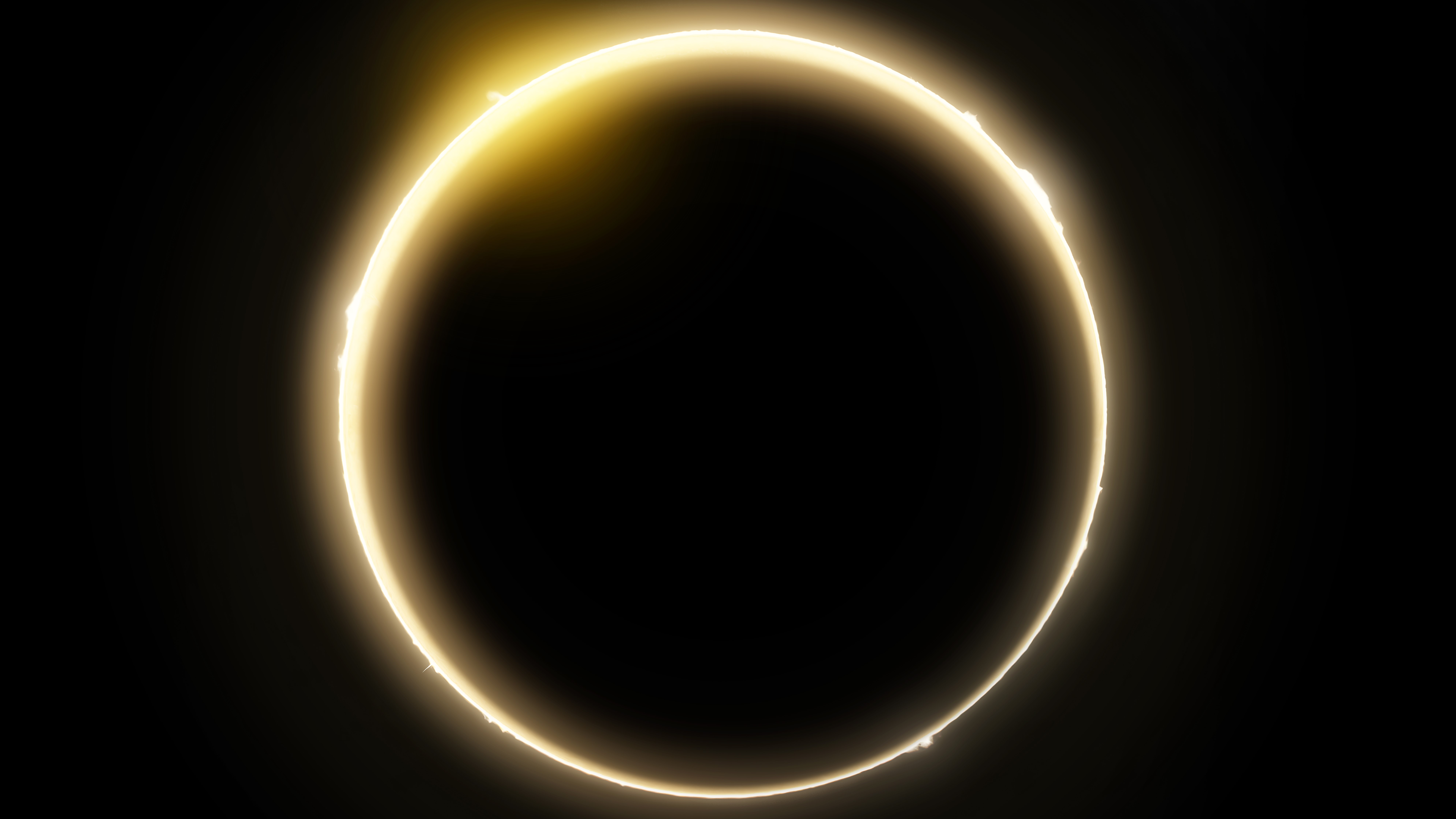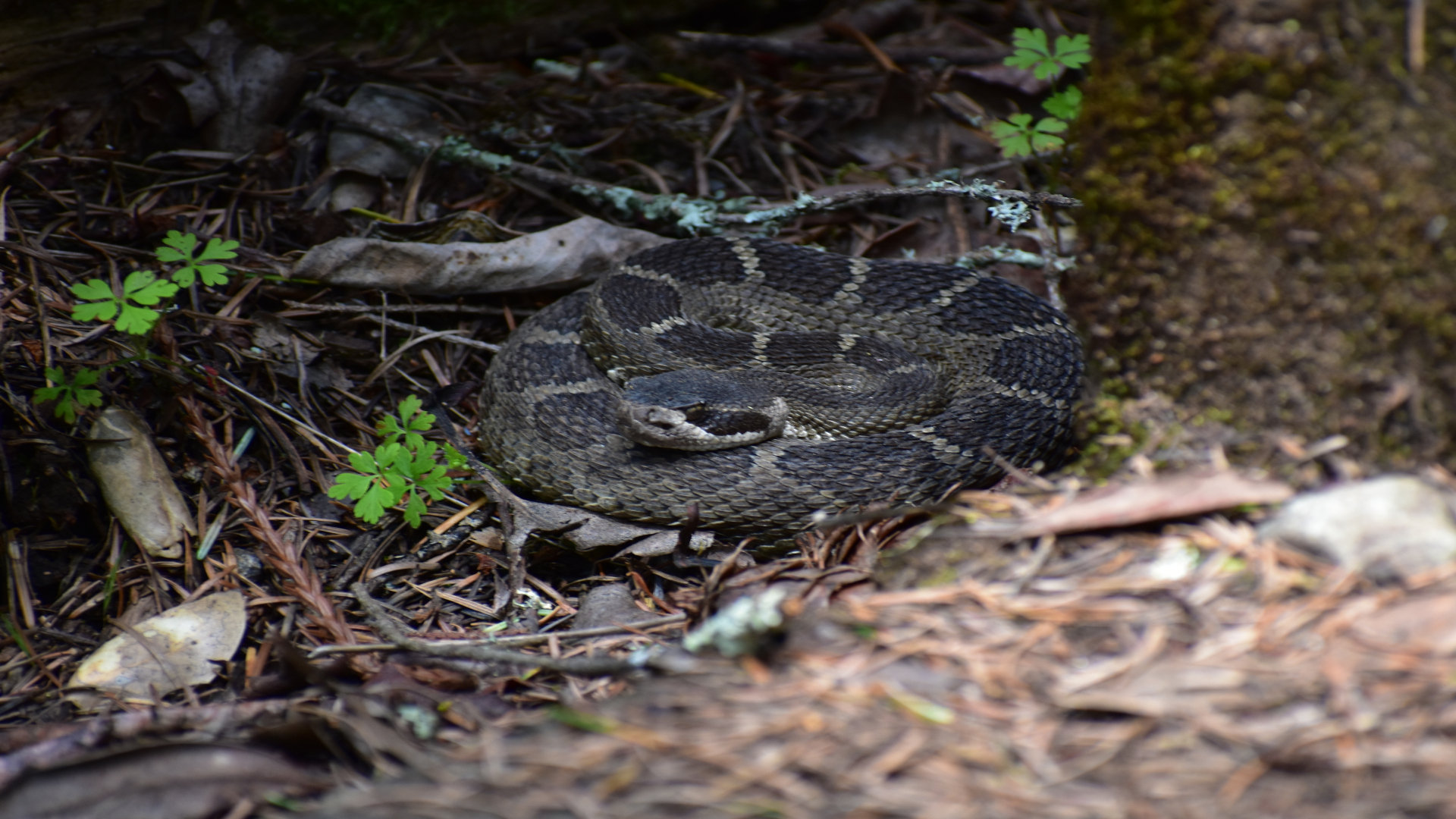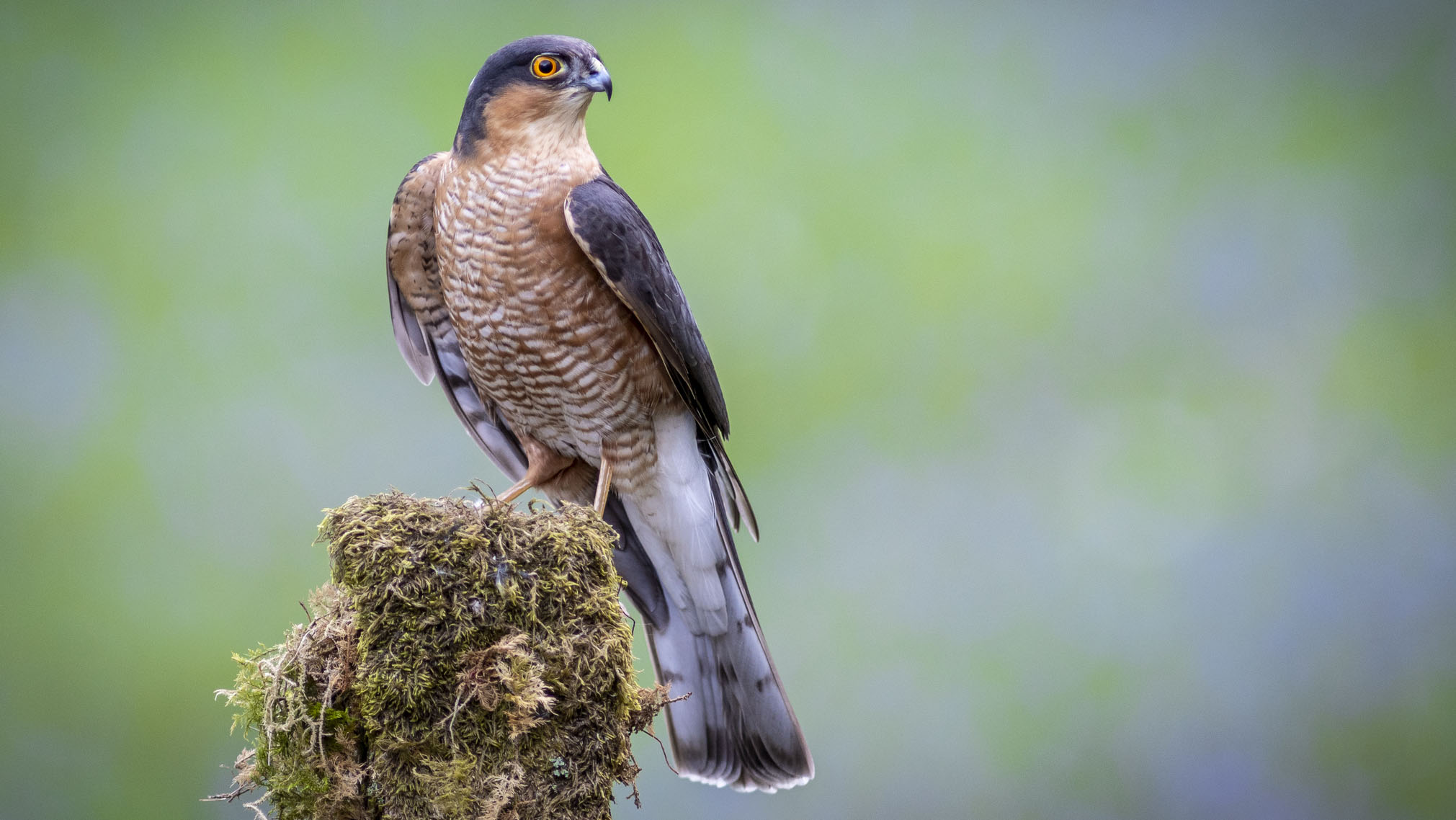
This April 8, millions of people in North America will flock outdoors and set up their camping chairs just after lunch to observe the last total solar eclipse for 20 years. If you’ve previously witnessed an eclipse, you might have noticed that this strange celestial spectacle doesn’t just make for a change above the earth’s atmosphere – it can have a profound effect on nature, too.
We recently spoke to renowned wildlife expert and conservationist Peter Gros to learn more about how the upcoming total solar eclipse will affect wildlife.
“Wildlife derive their behavioral cues from nature,” explains the host of the long-running television show Mutual of Omaha’s Wild Kingdom. In other words, they haven’t found sneaky ways to bypass nature usng electricity the way humans have so when it’s dark, they think it’s time for bed.
“When a solar eclipse brings a temporary darkening sky and drop in temperature, it signals nighttime for them.”
While he says that the change in light and temperature are significant factors contributing to changes in wildlife behavior, there are other elements involved too, such as changes in atmospheric pressure, which can make a significant contribition to temporary alterations in the feeding, mating and migratory behaviors of wildlife.

Gros says all of this impacts different types of wildlife in different ways. For example, reptiles like lizards and snakes that normally spend the middle of the day basking in the sun may retreat to the shelter of rocks or vegetation to conserve warmth as their habitat experiences a swift decline in temperature.
The temperature change also affects insects such as butterflies and bees, which alter their flight patterns and foraging behaviors.
“Butterflies, which are highly sensitive to temperature changes, may seek out sunny spots or adopt a slower, more deliberate flight. Bees, vital pollinators, might temporarily cease their foraging until the warmth of the sun is restored.”
Higher in the skies, birds will also change their daily routines and this may be clearly audible in their song.
“A group of songbirds engaging in their morning chorus could modify their vocalizations and social interactions.”
With the timing of this year’s eclipse, many birds will be busy engaging in nesting and migration, so their adapted behavior will be of special interest to bird watchers.

Though most eyes will be on the sky during the eclipse, using it to observe wildlife engage in some out-of-the-ordinary behavior could make your experience even more special. We’ve outlined some beautiful scenic spots that lie in the path of totality where you can watch the eclipse and enjoy nature. If you don’t live near any of these sites, or just want to escape the crowds that are likely to gather there, Gros has a few recommendations.
“To have a better chance of witnessing something memorable during the eclipse, position yourself near (but not too close) to natural habitats with diverse wildlife. Local parks, nature preserves or even your own backyard can offer a rich variety of species that may exhibit unique behaviors during the eclipse.”
To enhance your experience, Gros recommends getting a nature guidebook for the area to help you identify plants and animals you might see along the trail and to practice wildlife safety, bring your binoculars so you can zoom in on animals and insects without disturbing them.
“Keep a safe distance while viewing these incredible animals. It's essential for observers to be aware of their surroundings and the potential impact on wildlife. Minimize disturbances, maintain a respectful distance and avoid sudden movements or loud noises.”
Make sure, of course, that you never aim your binoculars towards the sun and keep your eclipse-viewing glasses on if you’re looking up.
The effect of the eclipse on nature can be indelible, especially if you get your hiking boots on and venture off the beaten path to enjoy it in the solitude of the backcountry, but it will be fleeting, according to Gros who says that most wildlife resumes regular programming shortly after normal light levels return.







